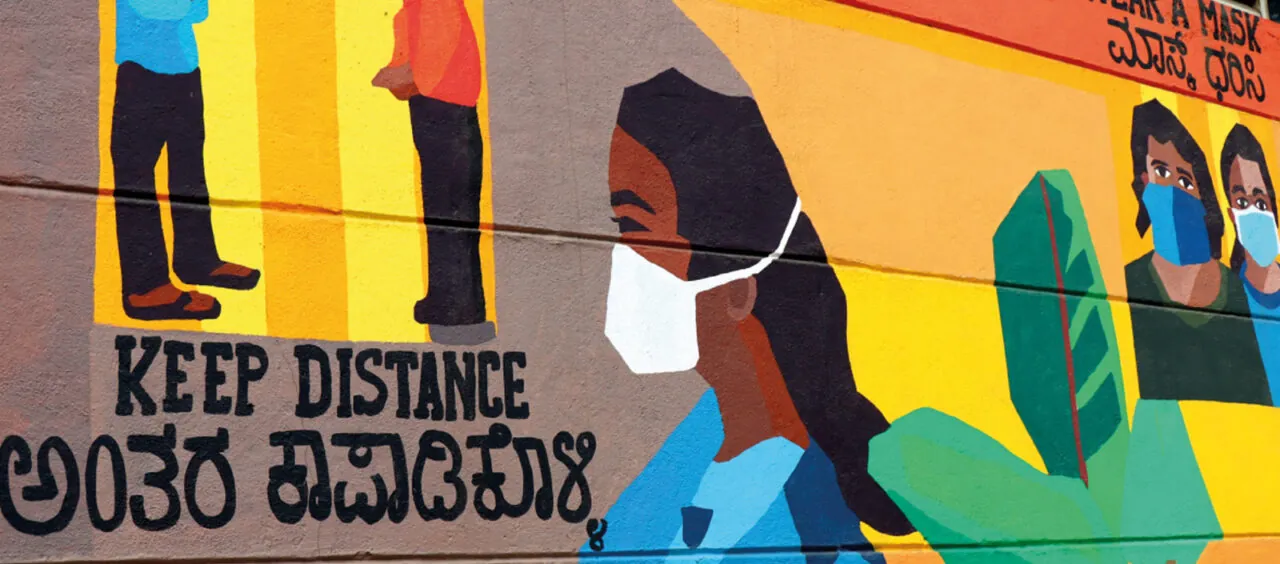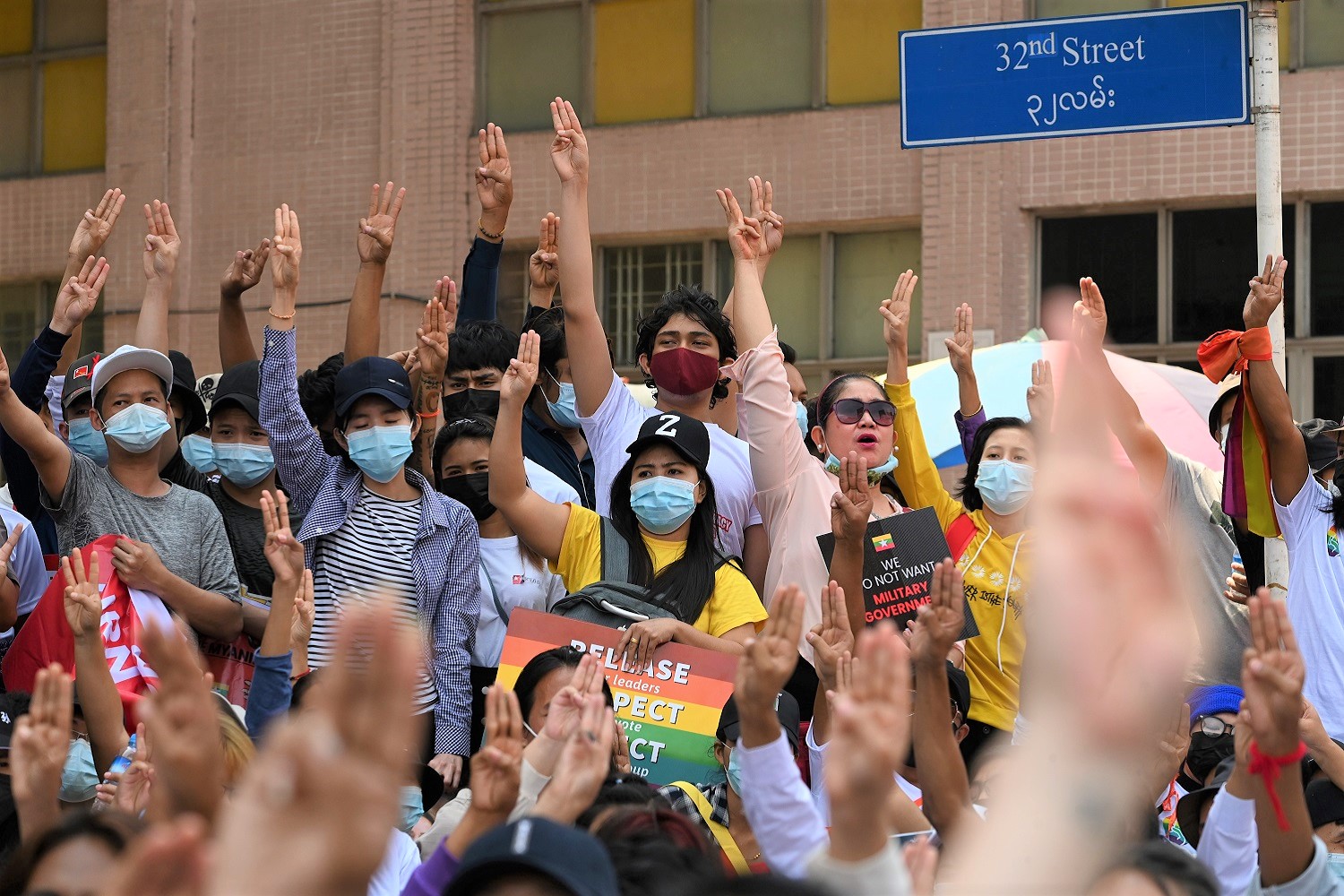During the pandemic, people living in poor and densely populated informal settlements struggled due to a lack of space, water, resources, and services, and were reliant on informal work which was severely affected by Covid-19 containment measures such as lockdowns. Official responses were often inadequate and, as a result many informal communities had to rely on their own limited resources and support networks to respond to the pandemic.
In this Key Issue Guide, we focus on some of the key issues and lessons that have emerged relating to informality during the Covid-19 pandemic.
Key Issues
Informality and difficulties implementing Covid-19 prevention measures
The high concentration of people, the conditions, and the limited service provision and infrastructure to contain the virus meant that there were serious concerns about the transmissibility of the Covid-19 virus in informal settlements.
Increased poverty and food insecurity
Loss of livelihoods due to Covid-19 containment measures pushed large numbers of people working in the informal sector into poverty. This resulted in increased food insecurity and hunger, especially as people living in informal settlements generally have no capacity to store food, and get most of it from informal markets and street food vendors who were forced to close. They also had to deal with rising food prices.
Lack of social protection
People working in the informal sector lacked access for formal social protection or emergency relief, which compounded their economic difficulties and led to increasing levels of precarity and food insecurity during the pandemic.
Women in informality are among the most affected
Due to their greater representation in the informal sector, women were more vulnerable to losing their livelihoods during the pandemic. The closure of schools and childcare centres also made it more difficult for women informal workers to work.



